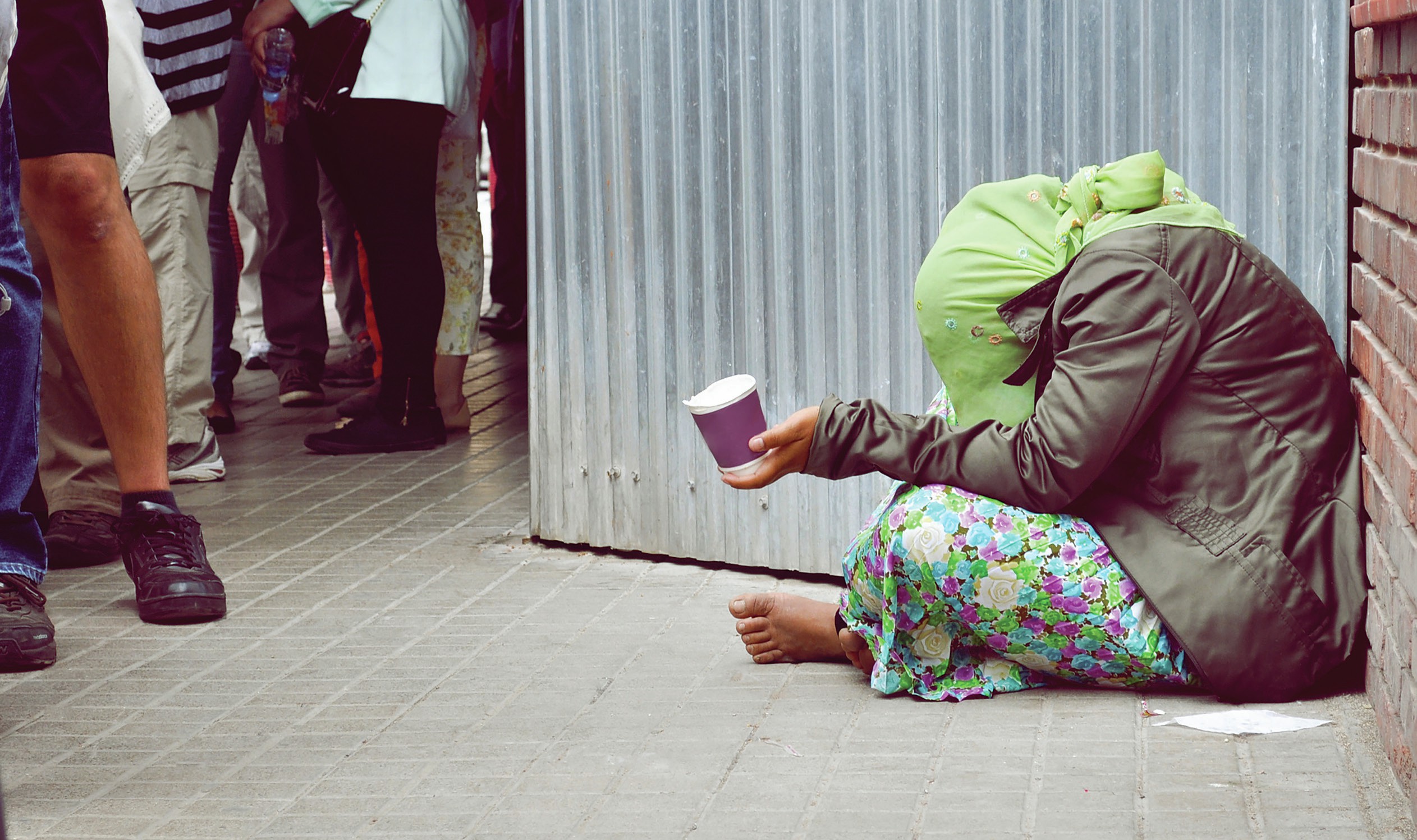
A social problem is something that has negative consequences for an individual, a group, or society as a whole. Many social problems are deemed to be the fault of the person affected, such as unemployment, family problems, eating disorders or poverty. However, C. Wright Mills (1959) in The Sociological Imagination claimed that some things that were thought of as ‘personal troubles’ were, in fact, ‘public issues’. By this he meant that, for example, a person might be unemployed because of an economic recession and a fall in the demand for goods and services, rather than any personal failing such as a lack of desire to work.
Many of the things defined as ‘social problems’ result in what the sociologist William Ryyan called ‘victim blaming’, i.e. the fault is presumed to lie in some kind of character defect or weakness in an individual, rather than something in the structure of society itself. This has considerable implications for social policy, as any policies developed might be aimed at individuals — for example, making those identified as ‘bad’ parents go to parenting classes or unemployed people go on job training courses — rather than attempts to tackle the underlying problems located in the structure of society itself, such as poverty or unequal access to good education.
Your organisation does not have access to this article.
Sign up today to give your students the edge they need to achieve their best grades with subject expertise
Subscribe




